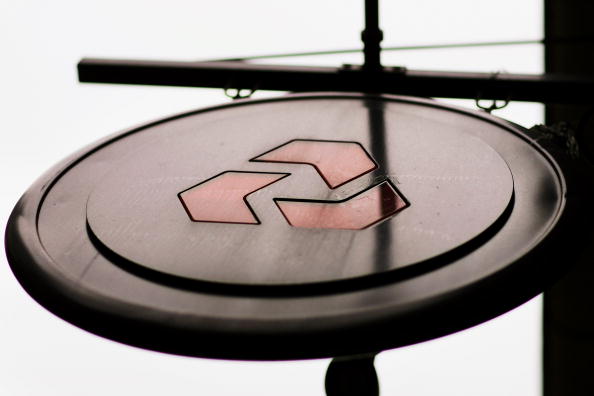NatWest falls back into private hands after 14 years under majority taxpayer ownership

NatWest has fallen back into private ownership after the state ditched more of its holdings in the high street lender, the government announced today.
It is the first time since the financial crisis 14 years ago that the bank formerly known as Royal Bank of Scotland has not been majority owned by the taxpayer.
The government took majority control of NatWest after bailing it out during the financial crisis by flooding billions of taxpayer money into the lender, with ownership peaking at above 80 per cent.
The government has been gradually selling off its stake in the bank ever since 2015 in a bid to recuperate taxpayers’ money in full.
Economic secretary to the Treasury John Glen said the move is ”an important landmark in our plan to return the bank to the private sector”.
“We will continue to prioritise delivering value for money for the taxpayer as we take forward this plan,” he added.
The lender admitted to allowing a client, a Bradford jeweler called Fowler Oldfield, to clean about £365m of dirty money over four years. Allegedly, another person deposited rubbish bags full of £700,000 in cash to a NatWest branch in Walsall.
NatWest was eventually slapped with a £265m fine in December by Southwark Crown Court.
The bank registered £2.95bn in profits in 2021, up from a loss of £753m in 2020 caused by a bucket of provisions being set aside to deal with an expected wave of loan losses triggered by the pandemic.
Alison Rose, chief executive of NatWest, said: “Reducing government ownership below 50 per cent is an important milestone for NatWest and a further demonstration of the progress we are making.”